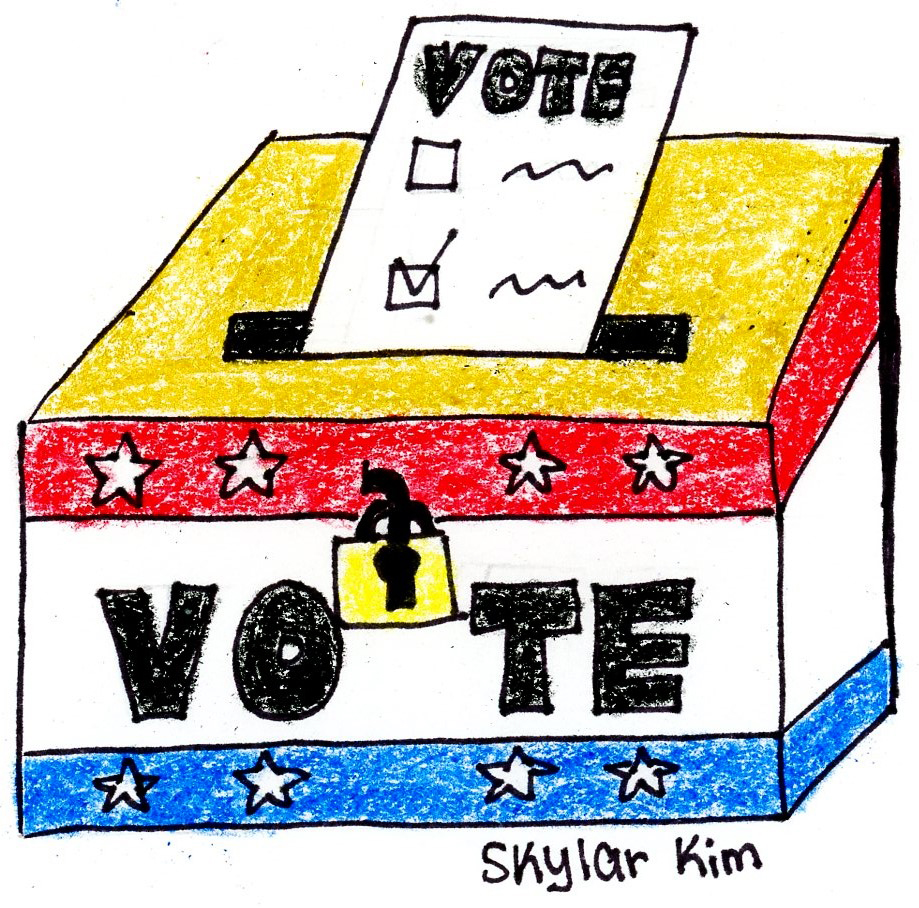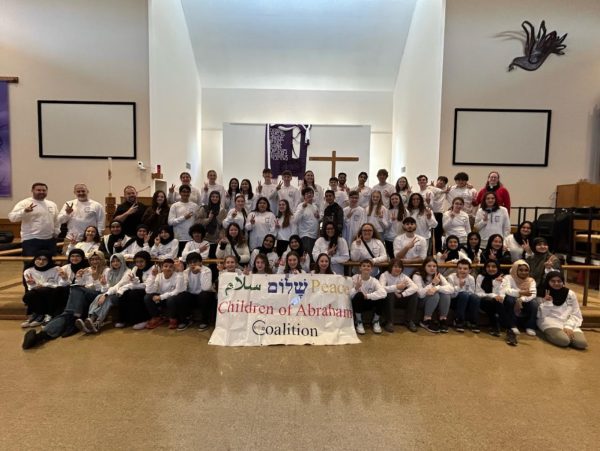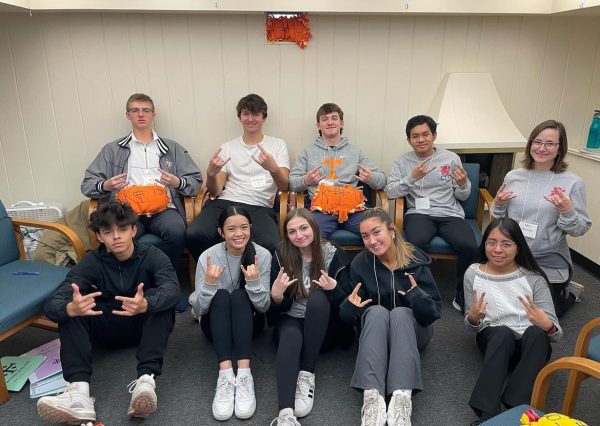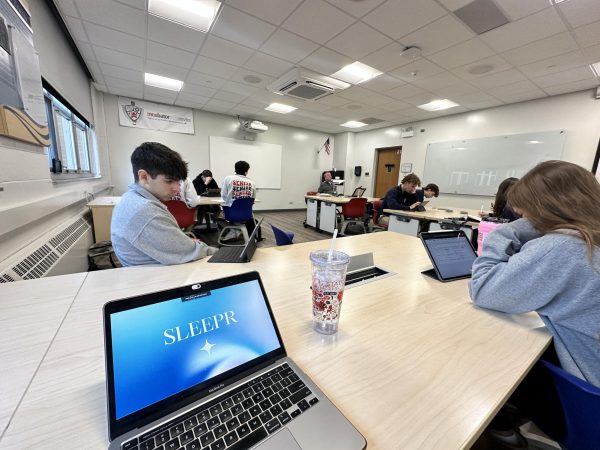Students learn civic responsibilities in new required class
Starting the 2017 school year, sophomores were surprised to see a new class requirement. Civics, a course focused on government and citizenship, has now become a state-required course. Mrs. Maureen Martin, department head of social studies, said that beginning with the class of 2020 and a change in state law, all high school students are required to pass a civics course to graduate.
With the creation of the civics course, teachers needed to step up and teach the new class. Mrs. Kristen Jordan, social studies teacher, volunteered for the position because she already teaches U.S. history and follows politics, so she determined that civics would be an interesting course to teach.
Mrs. Jordan reported that the class is not just a course focused on the Constitution tests and is actually more about “understanding the United States government and relating that information into modern day.”
“It all starts with the constitution, but the class expands it into today, going into depth about civil rights and liberties. The class even requires simulation activities and two hours of civil service,” she said.
Going more into depth on the subject, Mr. Daniel Delaney, commented that the simulations get the students involved. He described one simulation his class did.
He explained how the students were divided up where “leaders’ had to compromise with their citizens to determine what rights the people would get versus how much power the government would get. This demonstrates how compromise is essential in democracy.” Mr. Delaney also divulged what kind of service hours are required.
“The first one we do is a letter to your congressional representative, and the second is something of their choice,” he said.
“It could be volunteering at a museum, observing a town hall meeting, or even a public school board meeting.”
In previous years, sophomores were required to pass the United States and Illinois Constitution Tests together with the option of review classes taking place before school for a week. If they didn’t pass, they had the opportunity to retake the test until they passed, or until the end of the year.
Many sophomores this year were upset when they learned that they had another required class to squeeze into their schedule.
“We already learned about government in seventh grade,” sophomore Elise Bollard protested. “Why do we have to take a class on something we already learned?”
Another student, who wishes to remain anonymous, claimed that he wishes that sophomores could just take the Constitution Test and “be done with it”.
On the other hand, though, Mr. Delaney believes that the class is “extremely important because there is a lack of civics knowledge in our society today, and hopefully this will help create a more educated nation.”
Either way, it seems that students have no choice but to go along with it. Someday in the future, students will probably look back on this class as they follow current events in politics and be glad this class was required in their curriculum. As for now, sophomores will take the class, whether they want to or not, and learn new information about the past and present of civics of the United States.
Your donation will support the student journalists of Saint Viator High School. Your contribution will allow us to purchase equipment and cover our annual website hosting costs.











